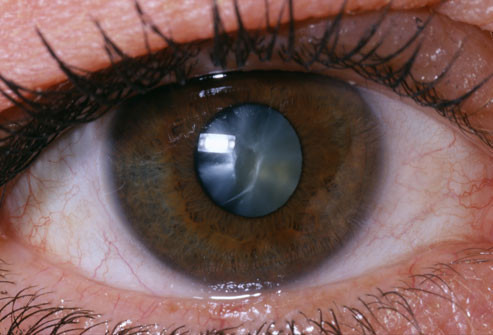People who taste bitterness in food strongly are nearly twice as likely to eat more than the minimum recommended daily limit of sodium.
A study analyzed data of 407 people in rural Kentucky who have two or more heart disease risk factors and were participating in cardiovascular disease risk-reduction research, including the effects of genes. Researchers examined participants’ dietary habits and associations with a variant of a gene that influences how keenly people perceive bitter taste.
“What we think goes on is that these patients are looking to offset that bitter in their food,” said lead author Jennifer Smith, a University of Kentucky nurse and doctoral student. She conducted the analysis with senior study author and associate professor Gia Mudd-Martin, also at Kentucky.
This and further research, she said, could help health providers and nutritionists tailor heart-healthy diets to an individual’s genetic taste predisposition, to help them find alternatives in spices or flavors to offset acute bitter or other tastes.
Sodium, found in dietary salt and often present in processed, pre-packed, and restaurant foods, is a risk factor for developing high blood pressure, which can lead to heart attacks and strokes. The American Heart Association recommends no more than 2,300 milligrams a day and an ideal limit of no more than 1,500 mg per day.
The study presented Sunday controlled for other factors that could influence taste and eating, such as age, weight, smoking and the use of blood pressure medications. The participants were white, with about 73 percent women and an average age of 51.






